WikiLeaks Founder Dodges CNN Subterfuge
During a televised interview Thursday, CNN host Erin Burnett -- one of the network’s star establishment bootlickers -- tried to get Julian Assange to incriminate Bradley Manning, the accused WikiLeaks source whose detention conditions were investigated in court this week.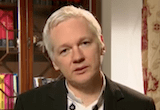
During a televised interview Thursday, CNN host Erin Burnett — one of the network’s star establishment bootlickers — tried to get Julian Assange to incriminate Bradley Manning, the accused WikiLeaks source whose detention conditions were investigated in court this week.
Burnett moved quickly from an opening discussion of Assange’s new book, Cypherpunks, to the subject of his relationship to Manning. For allegedly passing cables to WikiLeaks, Manning “could end up spending the rest of his life in jail,” Burnett said. “Do you feel any guilt about that since the information the U.S. government says he stole was published by you?” she asked Assange.
“The case [that was heard this week] is not about whether Bradley Manning allegedly stole cables or not,” Assange said. “The case is about the abuse of Bradley Manning” during his 2-year-long detainment, a portion of which United Nations investigator Juan Mendez described in March after a 14-month investigation as “cruel” and “inhuman.”
“Why was he treated that way?” Assange asked. “Well, his lawyer argues, and many others who have followed the case argues [sic] it was ordered to coerce him into a confession that would bring down me or bring down WikiLeaks… That’s the case that’s ongoing now. And that case is a reflection of the decay in the rule of law.”
Burnett responded by calling Assange’s citation of the U.N. investigator’s conclusion about Manning’s treatment “a strong point of view,” a description that served to reduce the facts of Manning’s treatment to the level of opinion — a tricky move, as everyone knows opinions are easier to disregard and dismiss than facts.
It should strike viewers that, during a week in which a federal court’s examination of Manning’s jail conditions was a major news story, Burnett didn’t “want to get into detail… about how Bradley Manning has been treated.” Rather, she wanted to know whether Assange was afraid that Manning could implicate him in a possible deal to earn reduced prison time.
Fortunately for everyone involved, Assange didn’t fall for the ploy. “I don’t want to comment on the legal specifics,” he said. “That would obviously be unwise,” considering that for two years officials have been trying to compel testimonies and gather evidence from every source available that could be used to convict Manning, making his ordeal into a cautionary tale for other prospective whistle-blowers.
That effort, and the dangerous, militarized, U.S. government-controlled surveillance apparatus it points to, is the subject of Assange’s new book, and it is that subject — not his personal fears, his health or the relatively insignificant problems of smaller governments (which Burnett attempted to elicit criticism of later in the interview) — that Assange repeatedly urges Burnett, a supposed journalist, and her viewers, to spend precious time and energy examining.
mmcetera:
Your support matters…
Independent journalism is under threat and overshadowed by heavily funded mainstream media.
You can help level the playing field. Become a member.
Your tax-deductible contribution keeps us digging beneath the headlines to give you thought-provoking, investigative reporting and analysis that unearths what's really happening- without compromise.
Give today to support our courageous, independent journalists.
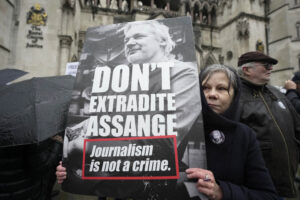
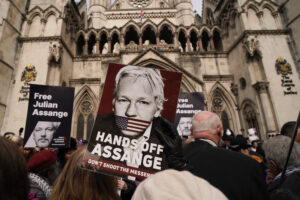

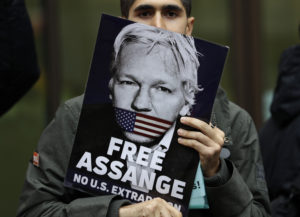
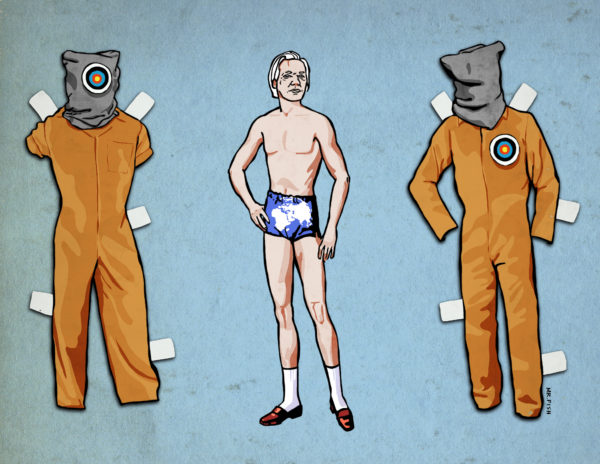
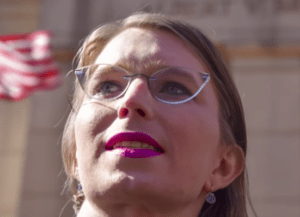
You need to be a supporter to comment.
There are currently no responses to this article.
Be the first to respond.